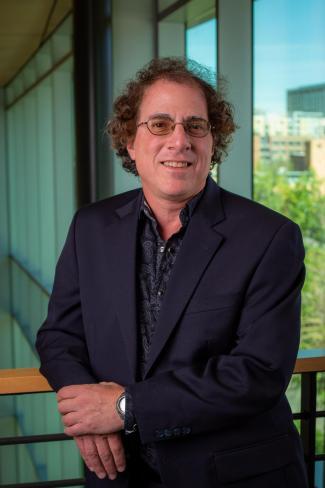
|
Mailing Address: |
Office Hours:
I am a biological anthropologist by training and Professor of Health and Behavioral Sciences at the University of Colorado Denver. My main area of expertise is "human ecology," that is, evolutionary perspectives on aspects of both human biology and behavior. Within the biological arena my interests have focused on various aspects of maternal and child health including nutrition, growth and development, and determinants of fertility. Within the area of behavioral ecology, I have been interested in life history theory and parental investment as well as an examination of human social norms such as reciprocity, altruism, bargaining, and punishment. All of these areas are represented in my ongoing research project among the Au lowland forager-horticulturalists of Papua New Guinea.
My research among the Au has considered such topics as:
- effects of resource availability on birth interval duration
- cumulative effects of repeated pregnancies and prolonged lactation on women's health
- influences of maternal body composition on the effectiveness of breast-feeding as a natural contraceptive
- the effects of recently introduced socioeconomic development and social stratification on hemoglobin levels, birth weights and growth
- biases in parental investment by age and sex of children and the effects of such biases on child growth and neuromuscular development
- effects of market integration on the outcome of economic experiments used to gauge bargaining behavior, reciprocity and fairness
- effects of third-party punishment on bargaining and fairness.
In the past, I have also collaborated on projects examining: (a) patterns of child growth and development in the United States, and (b) the utility of craniofacial data to try to reconstruct population relationships and movements in prehistory.
